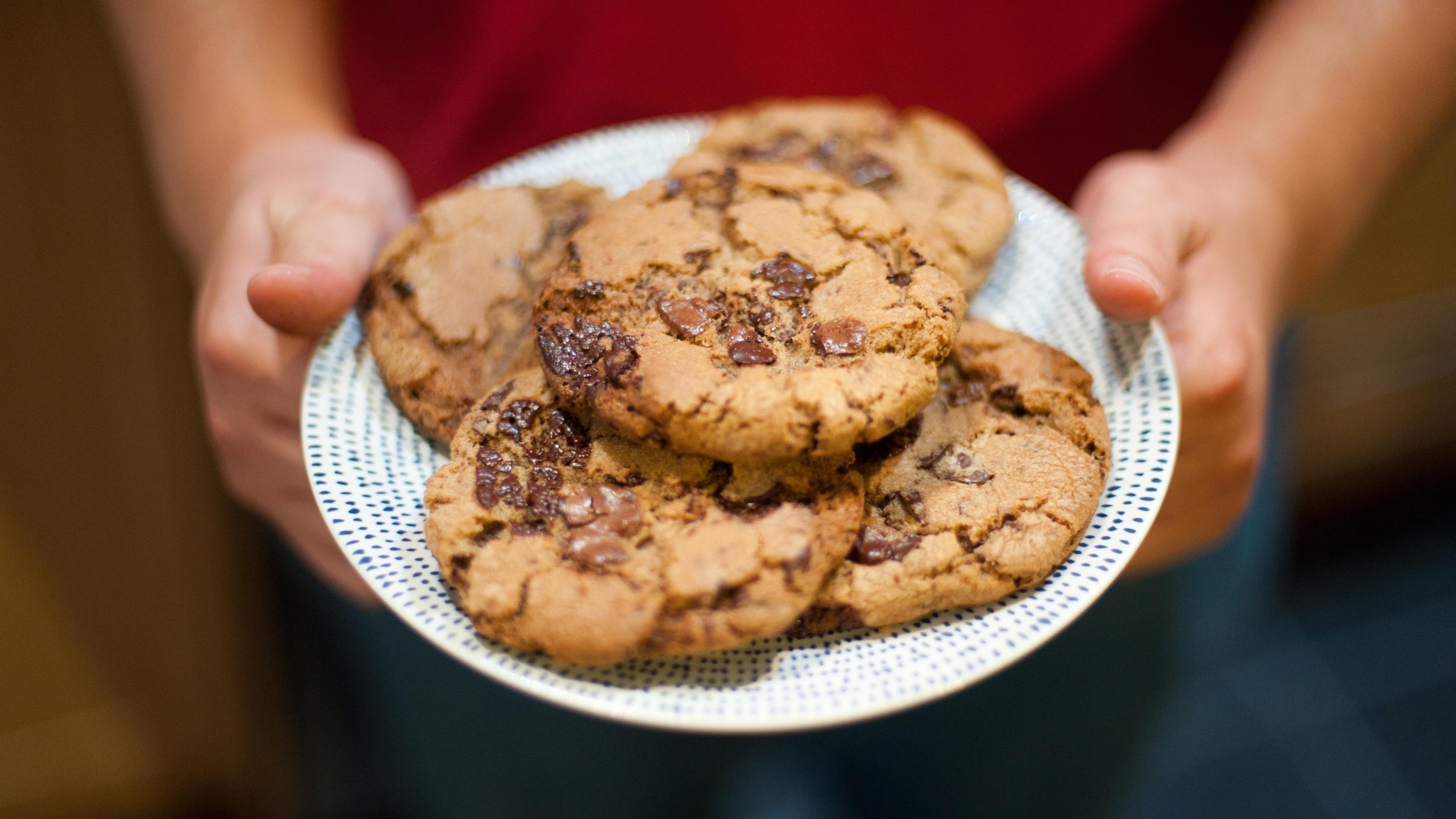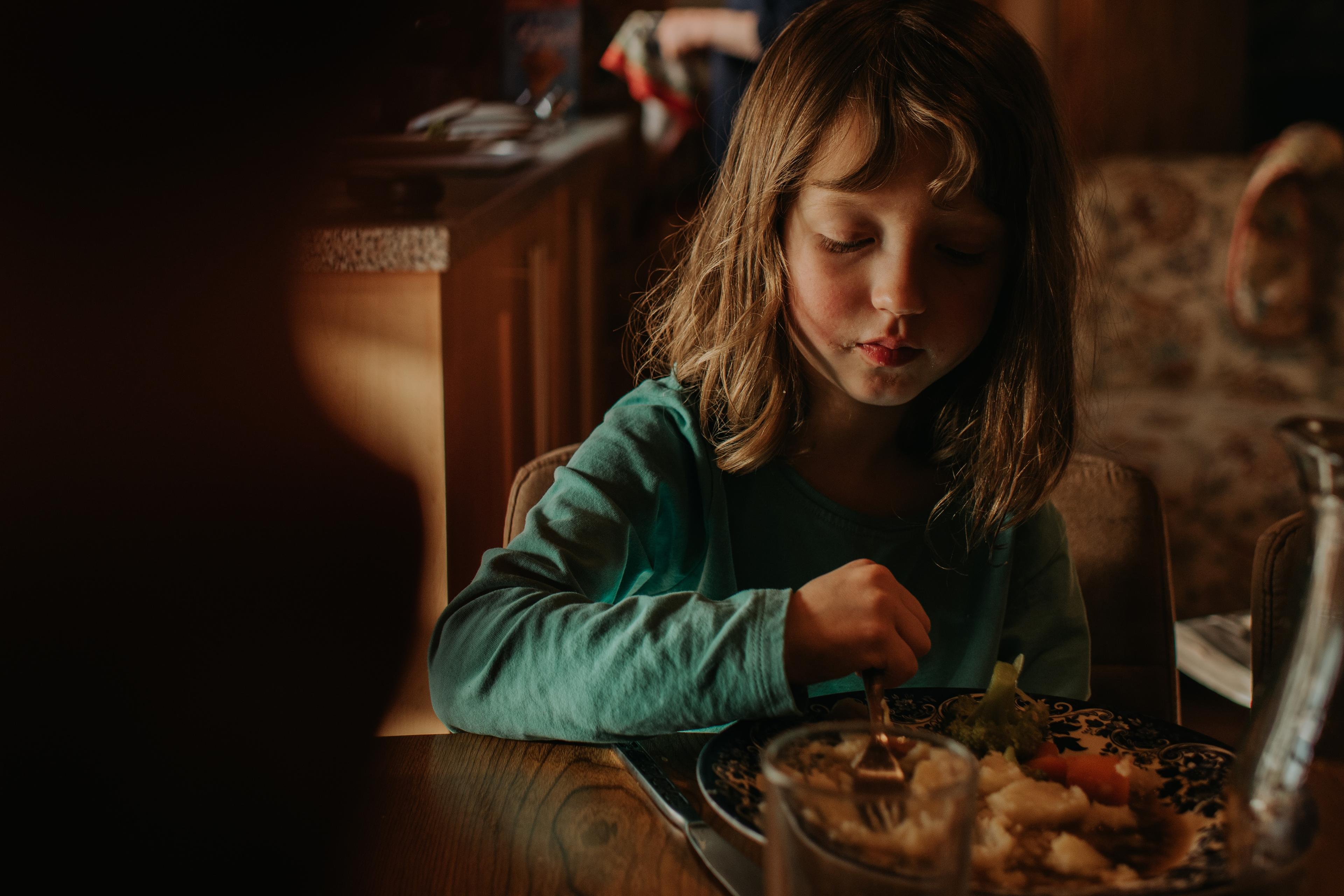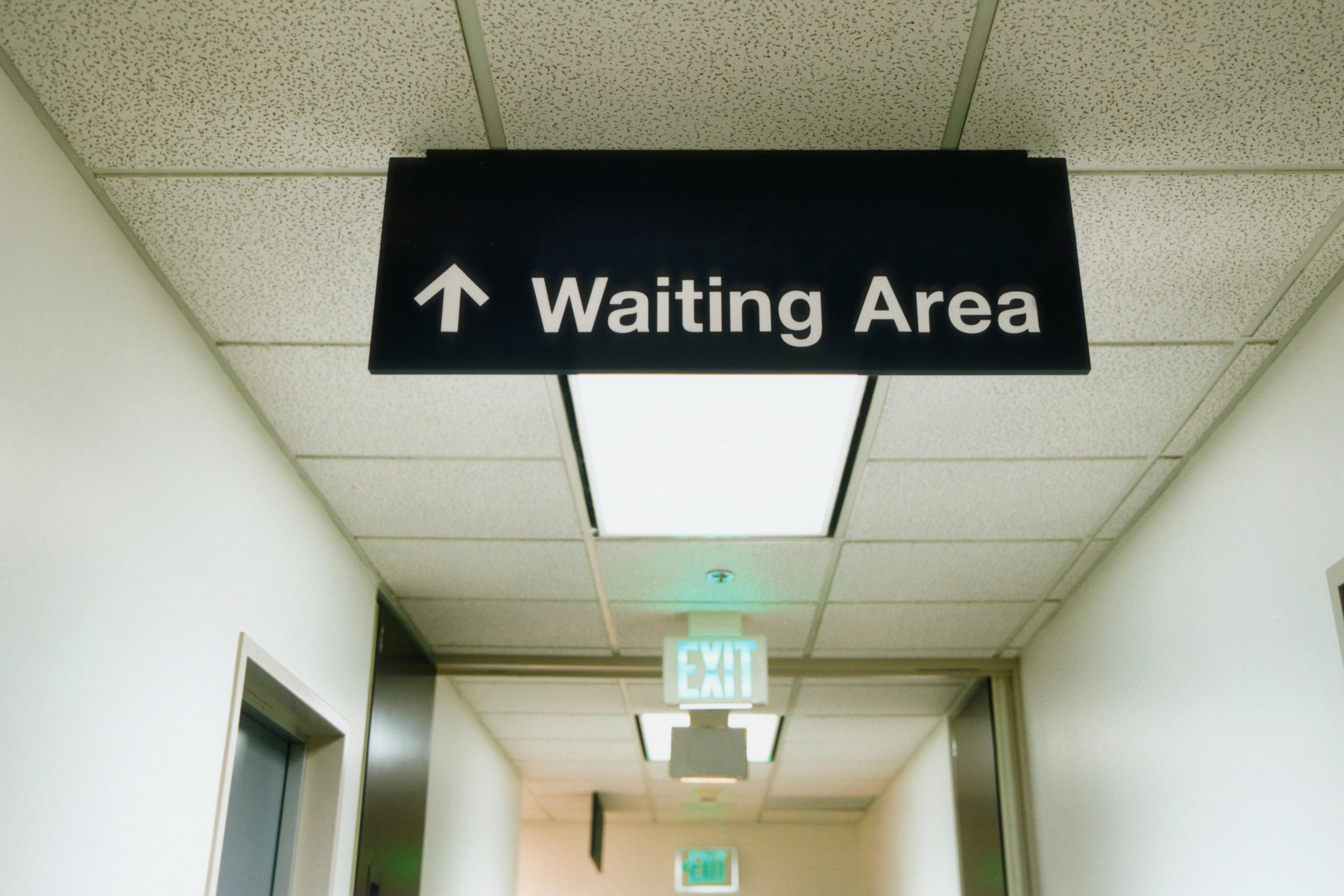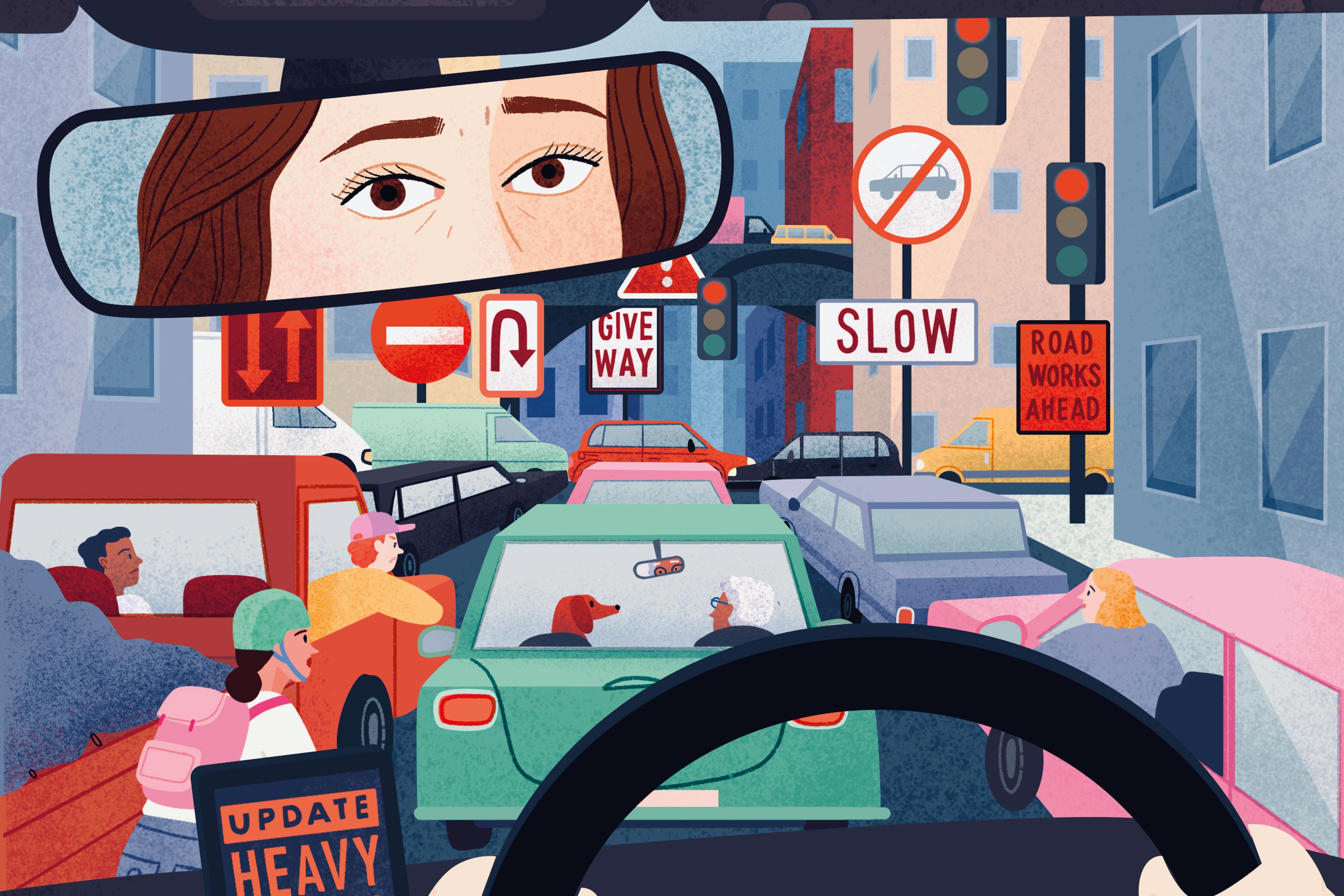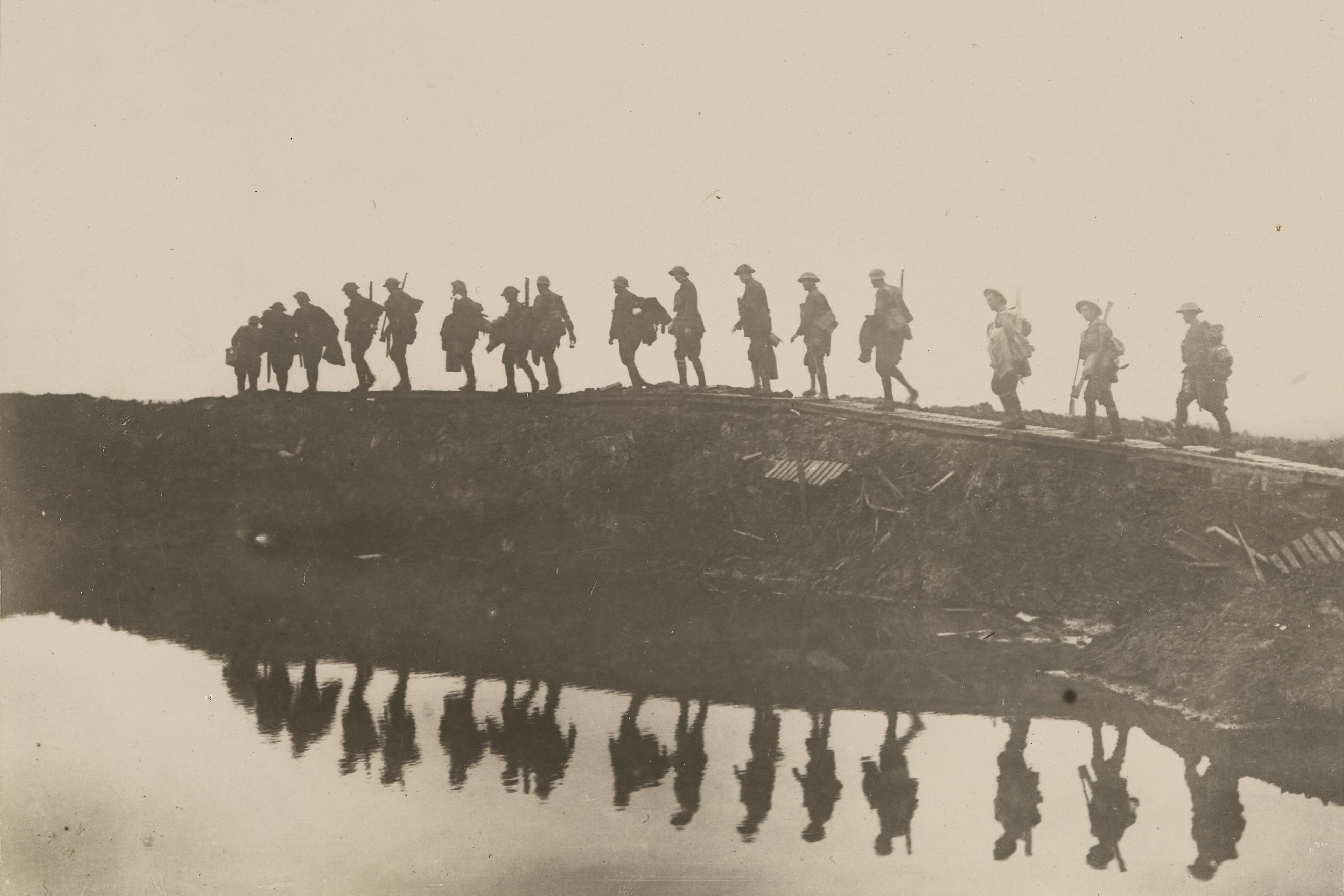Last year, I nearly died because I was too polite to stick with saying No to a pastry. A loved one had baked it for my belated 30th birthday celebration. I declined politely at first. But they’d gone out of their way to make something. Was I rude for refusing? They offered a second, different baked good. No thank you. At the third offer, I relented and took a bite. Within seconds, my mouth felt tingly. Half an hour later, I was at the Emergency Room.
I am deathly allergic to peanuts and tree nuts. I’ve spent my life following recommended guidelines to prevent allergic reactions. I read food labels carefully and try to avoid the things I’m allergic to. A home video from 1997 features three-year-old me excitedly repeating that, at daycare, I had graham crackers and juice, but I didn’t have any peanuts. I knew about anaphylaxis before I could spell my last name. The looming threat of allergic reactions – the progressive closing of my throat and eventual inability to breathe – has been a lifelong fear, and preventing them a central goal.
But reading food labels and avoiding allergens is only half the battle. Throughout my life, people have misunderstood the severity of my allergies, pushing unsafe food my way, and taking it personally when I decline it. After my lucky escape last year, I’m reminded that staying safe is not a solo endeavour. I wish other people better understood what it’s like for individuals like me who have serious allergies, and I wish they would do more to help rather than make things worse.
An estimated 8 per cent of children and 11 per cent of adults in the United States (and roughly 1 in 10 worldwide) have food allergies. Unlike food sensitivities, which affect only the digestive system, food allergies, and their resultant allergic reactions, involve the immune system. For instance, if you are allergic to peanuts and ingest something containing peanuts, your immune system will produce antibodies to attack the allergen, and it is this immune response that creates the symptoms of an allergic reaction. In essence, your body attacks itself to destroy the allergen. Though perhaps mild at first, allergic reactions can rapidly devolve into anaphylaxis – a multi-system hypersensitivity response characterised by constricted airways, suffocation, a rapid reduction in blood pressure (what’s known as anaphylactic shock), and ultimately death. Ingesting even trace amounts of an allergen is likely to set off this immune response, and, for some, simply touching or inhaling an allergen is sufficient to trigger anaphylaxis.
My first allergic reaction happened when I was one. Given a family history of seasonal allergies, doctors recommended my parents avoid feeding me common allergens (milk, soybeans, wheat, eggs, peanuts, tree nuts, fish and shellfish are responsible for 90 per cent of all allergic reactions to food). My parents sent me to daycare with lunches I could eat. Lunches containing cheese, olives and apple juice. Most days: cheese, olives, apple juice. Bland, sure, but safe. The daycare decided my lunches were boring and, to spice things up, they gave me a peanut butter sandwich. I developed hives. The daycare developed amnesia, claiming they had never fed me the sandwich. And so began my quest to avoid my allergens.
I entered elementary school with an awareness of my allergies, a fear of allergic reactions, and an EpiPen in case of emergency. My parents packed my lunch and, no matter how much I wanted to, I did not eat food from the cafeteria. Parents often celebrated their children’s birthdays by bringing homemade treats to school. As a rule, I avoided homemade treats. The risk of mystery ingredients or cross-contamination was too high and simply not worth it. So, I said No thank you to parents offering these treats. Yet, frequently, my classmates’ parents (and even my teachers) outright refused my No thank you, arguing with me about whether their food was actually unsafe and insisting I try it anyway. I remember a teacher’s frustration when I expressed reluctance about participating in an M&M’s-based class activity. They’re not peanut M&M’s. They only ‘may contain’ peanuts.
I didn’t want to ruin anyone’s day. I felt embarrassed, shameful, guilty
As I continued my attempts to prevent allergic reactions, the world around me seemed to become more understanding. In 2004, the US Congress enacted the Food Allergen Labeling and Consumer Protection Act, which required manufacturers to properly label foods containing the eight major allergens. Around the same time, my elementary school instituted a nut-free table (where I regularly sat alone, depending on my classmates’ lunches). But, despite these societal improvements, many people in my world – often authority figures – continued to chastise me for my attempts to avoid peanuts and tree nuts.
In sixth grade, I took a required cooking course where our task was to bake prepackaged cookies. Following the recommendations for avoiding allergic reactions, I asked to check the ingredients. My teacher responded by throwing away the box. When she briefly left the room, I retrieved the box from the trash to check. ‘May contain peanuts.’ When she returned, I meekly let her know. Her response: a 45-minute tirade on why I was insane for checking the label. The company isn’t gonna change their machinery for some stupid little girl. If you’re gonna check ingredients on everything, you should live off crackers and water. Or dog food. (I’ve checked the ingredients on dog food; I’m often allergic to it.)
I’ve spent a lot of time thinking about allergies – every day at breakfast, lunch, dinner and any other time food is around. I’ve also spent time having allergic reactions. In addition to peanuts and tree nuts, I’m allergic to eggs. I consider myself lucky; I’m deathly allergic only to peanuts and tree nuts. My reactions to eggs are ‘day-ruining’ gastrointestinal nightmares, but they aren’t ‘life-ruining’. While I’ve successfully avoided my deadly allergens for decades, I haven’t always avoided eggs, in part because I wasn’t allergic to them until age 14. As time went on with no life-threatening allergic reactions, I became increasingly lax. I’d even stopped carrying an EpiPen…
Then came that near-fatal incident last December, at my belated birthday celebration. Even though my loved one said they’d made the pastry safe for me, I knew within seconds of biting into it that I had made a serious mistake. My first reaction was that I didn’t want to tell anyone what was happening, despite being surrounded by people who love and care about me. I didn’t want to ruin anyone’s day. I felt embarrassed, shameful, guilty; what a stupid little girl.
I told my partner that I thought I’d accidentally eaten eggs, but as it became increasingly difficult for me to swallow, we realised my throat was closing. If only I’d had an EpiPen. Against my delusional wishes to not spoil the day, my partner took me to the Emergency Room. Unbeknown to us, I’d eaten tree nuts. That’s why I was experiencing anaphylaxis. Thirty minutes after I’d taken that bite, doctors in the ER administered an EpiPen and gave me an IV. (Thirty minutes is a long time. EpiPens should be administered immediately and, while they can buy life-saving time, they are not a cure.) Two hours later, my throat started to close again as I experienced a biphasic, ‘rebound’ reaction, an anaphylaxis recurrence present in 20 per cent of allergic reactions. I was lucky to still be in the ER because, within minutes, my throat had fully closed – much faster than during the initial anaphylaxis. A second EpiPen, another IV, a few more hours of observation and I was ready to go home.
To be clear, I take full responsibility for my allergic reactions (except the first one). But rather than helping prevent allergic reactions, people have consistently made it more difficult to avoid the things I’m allergic to. Throughout my life, one of my main concerns has been managing other people’s reactions to my attempts to avoid my own allergic reactions. I’m far from the only allergic person to experience this. It’s common for people with food allergies to suffer from psychological distress, depression, anxiety, and social withdrawal. Having deadly allergies makes it simultaneously more necessary and more difficult to advocate for oneself.
Some of the psychological distress of allergies is clearly caused by other people; for example, many children and teens with food allergies report being bullied or taunted by classmates or teachers. I still remember hilarious jokes I’ve heard people make about my allergies. Like the elementary school classmate who shoved a peanut butter sandwich in my face and told me to ‘sneeze’. Or the summer camp counsellor – the adult responsible for my safety and wellbeing – ‘joking’ about contaminating my food to see what it’s like to administer an EpiPen.
However, many of the psychosocial effects of food allergies – anxiety, depression, withdrawal – may be more difficult to spot. While adorable, videos of three-year-old me fixated on avoiding peanuts are also deeply unsettling. Some of my earliest memories involve a fear of allergic reactions. As a kid, I had a reoccurring nightmare of being force-fed peanut butter sandwiches. Avoiding allergens requires extreme hypervigilance whenever food is around. And food is always around. A sure-fire way to avoid my allergens (and other people’s reactions to my attempts to avoid allergens) is to avoid social situations altogether. My experiences are unlikely to be unique; relative to peers, children with food allergies report more anxiety around food, more social isolation, and overall poorer quality of life. Similarly, teens and adults with food allergies experience higher rates of anxiety and depression compared with their non-allergic counterparts.
While at first benign, allergic reactions can quickly turn into anaphylaxis
While other people have contributed to the problem of having serious allergies, they’ve also been – and will continue to be – part of the solution. Here’s how people can help. Picture Sally. Sally is allergic to peanuts, so she prefers not to eat other people’s homemade food. Sally knows you are a terrific baker. But you probably have peanut butter in your house and you probably don’t sterilise your cookware after each use. So, if Sally declines your food, please don’t take it personally because Sally doesn’t hate you or your baking. She just knows that an allergic reaction would be awkward, for everyone. If Sally says No thank you, try responding with OK. Rather than take offence at Sally’s refusal, assume she knows best. After all, Sally has undoubtedly spent more time thinking about her allergies than you have.
Help Sally by learning the signs of an allergic reaction, which can affect multiple body systems (skin, eyes, respiratory, gastrointestinal, cardiovascular) with varying severity. An allergic reaction might cause hives and flushed skin, or a tingly and itchy mouth, or tongue-swelling and chest-tightening, or vomiting and diarrhoea, or endless unpleasant symptom combinations. While at first benign, allergic reactions can quickly turn into anaphylaxis. For example, each year 30,000 people in the US will visit the ER for anaphylaxis, and 150 will die. Time is critical; half of all anaphylaxis fatalities occur in the first hour.
Learn how to use an EpiPen, which can buy vital time in the event of anaphylaxis. Sally probably carries one with her, but if she doesn’t, many states have enacted laws enabling public venues to maintain emergency EpiPen stock. Please remember that administering an EpiPen is only the beginning of treating an allergic reaction; Sally may have subsequent reactions and need additional EpiPens. The best course of action is to get immediate medical help for Sally.
Like Sally, I’ll be on a lifelong quest to avoid my allergens. As I try to prevent allergic reactions, I hope those around me will help with my endeavour. Instead of downplaying allergies or getting frustrated when I decline food, join me at the nut-free table. I’ll save you some cheese, olives and apple juice.
